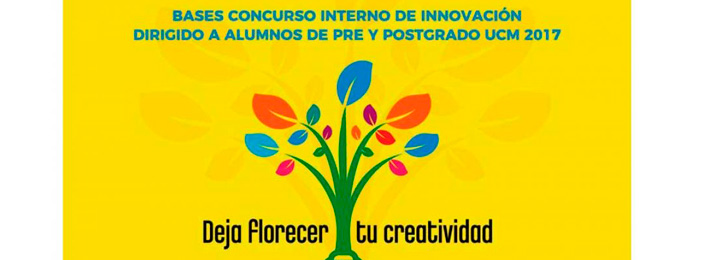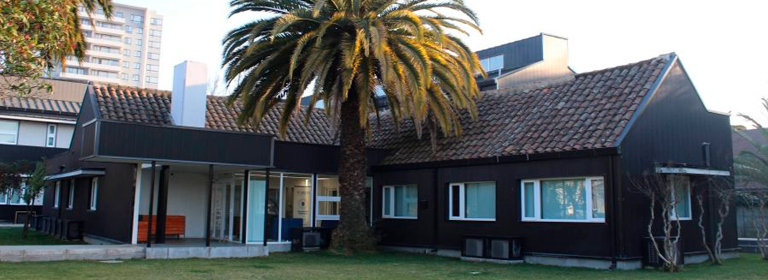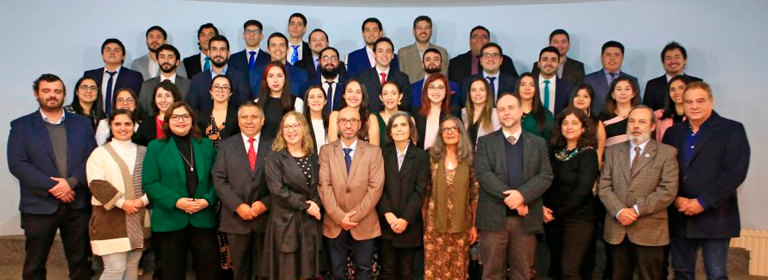A researcher from the Tecnológico de Monterrey inaugurated the academic year of the Doctorate in Translational Biology at the Universidad Católica del Maule (UCM), with a conference on food innovation.
A call to promote ideas aimed at mitigating the impact of food waste on the environment was made by the researcher of the Instituto Tecnológico y de Estudios Superiores de Monterrey, Tomás Garca-Cayuela, during the inauguration of the academic year of the Doctorate in Translational Biotechnology of the Universidad Católica del Maule.
The PhD in Food Science and Technology gave a talk on sustainable innovation in the food industry.
«The objective was to provide ideas for revaluing agro-industrial by-products, adding value to the companies that produce them and hopefully generating proposals from the doctorate practice that open new horizons in the market and reduce the impact of waste,» said the expert with more than ten years of experience in the field of biotechnology.
From the Guadalajara campus of «Tecnológico de Monterrey», García-Cayuela leads a project entitled «Food & Biotech», which analyzes the benefits of probiotic, prebiotic and symbiotic foods to control type 2 diabetes.
«We work with dairy industry waste, such as whey transforming it into products like functional drinks or spoonable desserts with anti-diabetic properties or mental health benefits. We have also developed a valorization cycle for the blueberries, utilizing every part of the by-products to create products that provide antioxidant compounds, to sweeten or to give color,» he pointed out.
The Mexican scientist’s lecture was part of the welcoming seminar for the third generation of the postgraduate program, directed by Ariel Arencibia, PhD in Agricultural Sciences – Genetics and Biotechnology.
«The talk aligned perfectly with the characteristics of our program, since the idea is to develop applied research that leads to a business with a focus on circular bioeconomy. This doctorate is unique, that it not only focuses on generating knowledge but also on transferring that knowledge to the community,” said the researcher from the Center for Biotechnology of Natural Resources (CENBio), which depends on the UCM.
Flies as food
The seminar also highlighted the circular economy in Chile, with the testimony of Cristián Emhart, founder of a company in Talca that produces animal feed – such as chickens and fish – using proteins obtained from the larvae of black soldier flies.
The larvae, which are fed with waste from stores and supermarkets, are a type of fly that is neither a pest nor a disease vector.
«We seed plastic trays with small larvae, feed them, and when they grow, we dry, grind and transform them into a product that meets animal industry standards. It’s a short process; it takes 15 days or so,» said the CEO of Food for Future.













